Ravit Dotan
Public Procurement for Responsible AI? Understanding U.S. Cities' Practices, Challenges, and Needs
Nov 07, 2024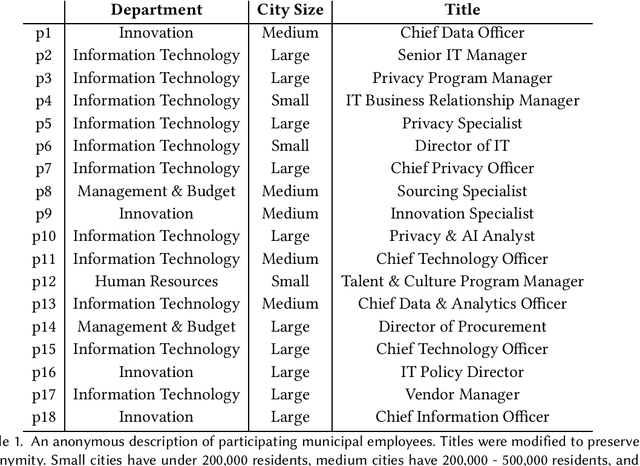
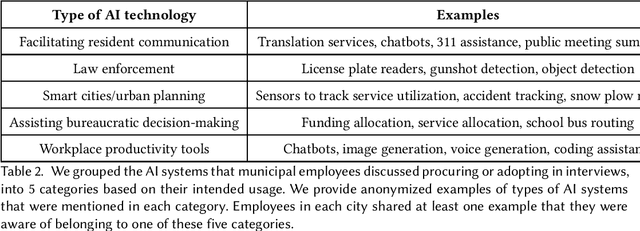
Abstract:Most AI tools adopted by governments are not developed internally, but instead are acquired from third-party vendors in a process called public procurement. While scholars and regulatory proposals have recently turned towards procurement as a site of intervention to encourage responsible AI governance practices, little is known about the practices and needs of city employees in charge of AI procurement. In this paper, we present findings from semi-structured interviews with 18 city employees across 7 US cities. We find that AI acquired by cities often does not go through a conventional public procurement process, posing challenges to oversight and governance. We identify five key types of challenges to leveraging procurement for responsible AI that city employees face when interacting with colleagues, AI vendors, and members of the public. We conclude by discussing recommendations and implications for governments, researchers, and policymakers.
The Values Encoded in Machine Learning Research
Jun 29, 2021
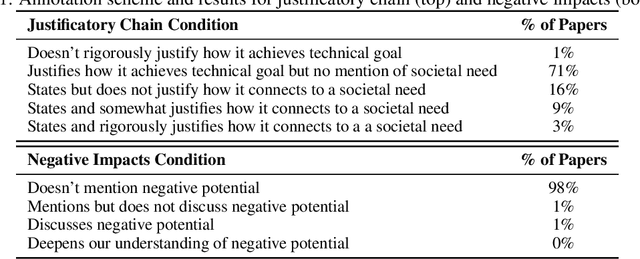

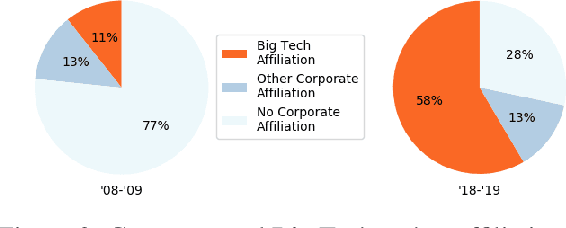
Abstract:Machine learning (ML) currently exerts an outsized influence on the world, increasingly affecting communities and institutional practices. It is therefore critical that we question vague conceptions of the field as value-neutral or universally beneficial, and investigate what specific values the field is advancing. In this paper, we present a rigorous examination of the values of the field by quantitatively and qualitatively analyzing 100 highly cited ML papers published at premier ML conferences, ICML and NeurIPS. We annotate key features of papers which reveal their values: how they justify their choice of project, which aspects they uplift, their consideration of potential negative consequences, and their institutional affiliations and funding sources. We find that societal needs are typically very loosely connected to the choice of project, if mentioned at all, and that consideration of negative consequences is extremely rare. We identify 67 values that are uplifted in machine learning research, and, of these, we find that papers most frequently justify and assess themselves based on performance, generalization, efficiency, researcher understanding, novelty, and building on previous work. We present extensive textual evidence and analysis of how these values are operationalized. Notably, we find that each of these top values is currently being defined and applied with assumptions and implications generally supporting the centralization of power. Finally, we find increasingly close ties between these highly cited papers and tech companies and elite universities.
Value-laden Disciplinary Shifts in Machine Learning
Dec 03, 2019
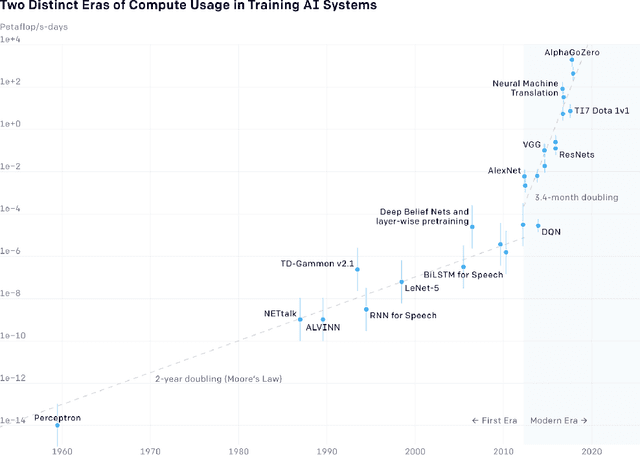
Abstract:As machine learning models are increasingly used for high-stakes decision making, scholars have sought to intervene to ensure that such models do not encode undesirable social and political values. However, little attention thus far has been given to how values influence the machine learning discipline as a whole. How do values influence what the discipline focuses on and the way it develops? If undesirable values are at play at the level of the discipline, then intervening on particular models will not suffice to address the problem. Instead, interventions at the disciplinary-level are required. This paper analyzes the discipline of machine learning through the lens of philosophy of science. We develop a conceptual framework to evaluate the process through which types of machine learning models (e.g. neural networks, support vector machines, graphical models) become predominant. The rise and fall of model-types is often framed as objective progress. However, such disciplinary shifts are more nuanced. First, we argue that the rise of a model-type is self-reinforcing--it influences the way model-types are evaluated. For example, the rise of deep learning was entangled with a greater focus on evaluations in compute-rich and data-rich environments. Second, the way model-types are evaluated encodes loaded social and political values. For example, a greater focus on evaluations in compute-rich and data-rich environments encodes values about centralization of power, privacy, and environmental concerns.
 Add to Chrome
Add to Chrome Add to Firefox
Add to Firefox Add to Edge
Add to Edge